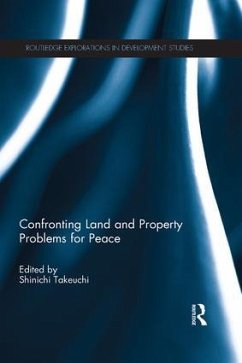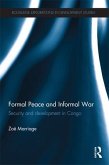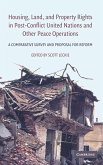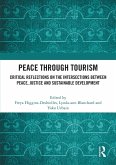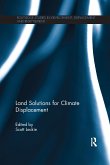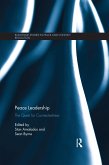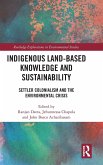This collection clarifies the background of land and property problems in conflict-affected settings, and explores appropriate policy measures for peace-building. While land and property problems exist in any society, they can be particularly exacerbated in conflict-affected settings - characterized by unstable security, weak governance, loss of proper documentation as well as the return of refugees and Internally Displaced Persons. Unless these problems are properly addressed, they can destabilize fragile political order and hinder economic recovery. Although tackling land and property problems is an important challenge for peace-building, it has been relatively neglected in recent debates about liberal peace-building as a result of the strong focus on state-level institution building, such as security sector reforms and transitional justice. Using rich original data from eight conflict-affected countries, this book examines the topic from the viewpoint of State-society relationship. In contrast to previous literature, this volume analyses land and property problems in conflict-afflicted areas from a long-term perspective of state-building and economic development, rather than concentrating only on the immediate aftermath of the conflict. The long-term perspective enables not only an understanding of the root causes of the property problems in conflict-affected countries, but also elaboration of effective policy measures for peace. Contributors are area specialists and the eight case study countries have been carefully selected for comparative study. The collection applies a common framework to a diverse group of countries - South Sudan, Uganda, Rwanda, Burundi, Cambodia, Timor-Leste, Colombia, and Bosnia-Herzegovina.
Hinweis: Dieser Artikel kann nur an eine deutsche Lieferadresse ausgeliefert werden.
Hinweis: Dieser Artikel kann nur an eine deutsche Lieferadresse ausgeliefert werden.

